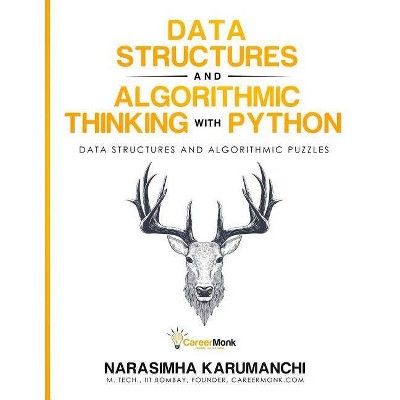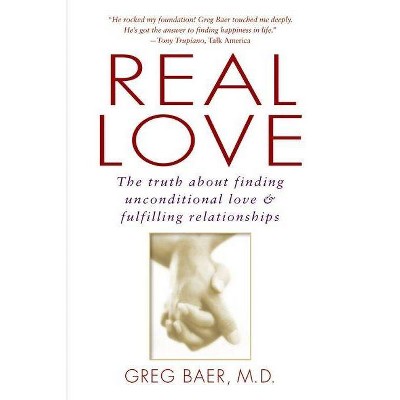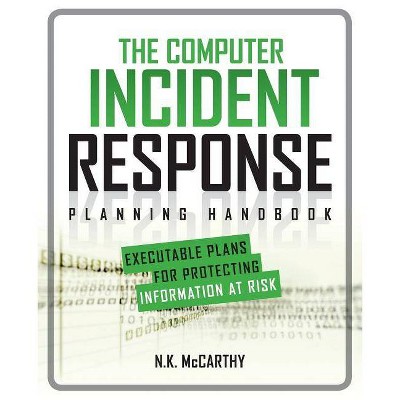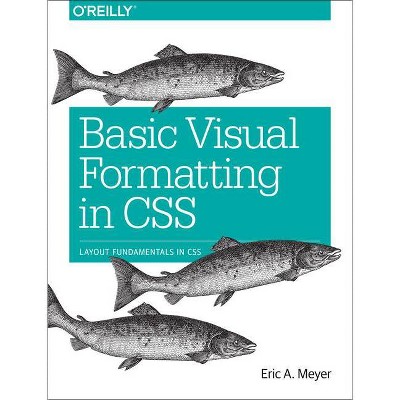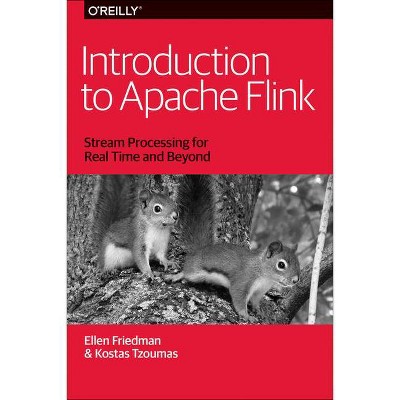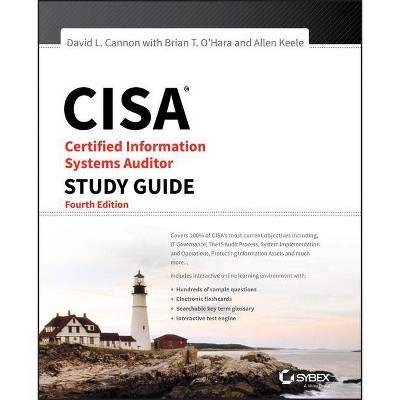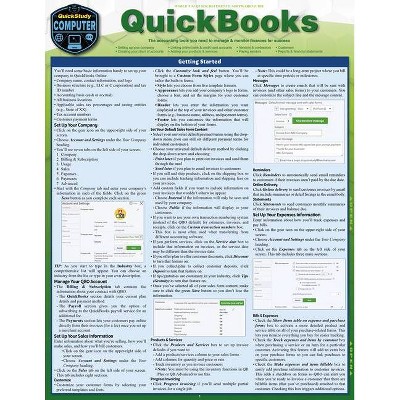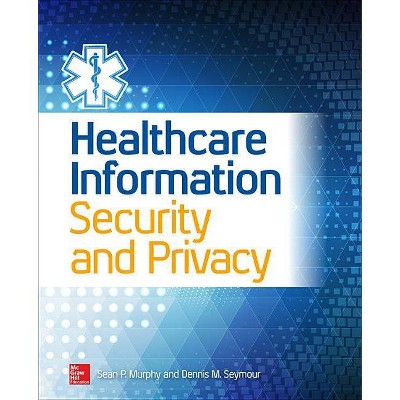Understand, Manage, and Prevent Algorithmic Bias - by Tobias Baer (Paperback)
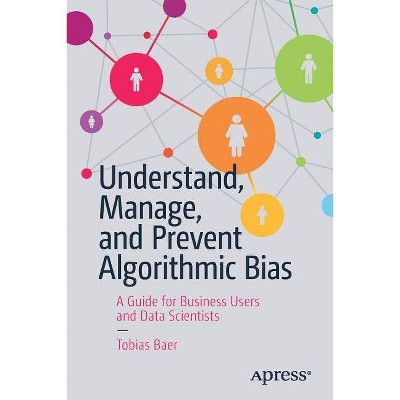
Similar Products
Products of same category from the store
AllProduct info
<p/><br></br><p><b> Book Synopsis </b></p></br></br><p>Are algorithms friend or foe?</p><p>The human mind is evolutionarily designed to take shortcuts in order to survive. We jump to conclusions because our brains want to keep us safe. A majority of our biases work in our favor, such as when we feel a car speeding in our direction is dangerous and we instantly move, or when we decide not take a bite of food that appears to have gone bad. However, inherent bias negatively affects work environments and the decision-making surrounding our communities. While the creation of algorithms and machine learning attempts to eliminate bias, they are, after all, created by human beings, and thus are susceptible to what we call <i>algorithmic bias</i>.</p><p>In <i><b>Understand, Manage, and Prevent Algorithmic Bias</b></i>, author Tobias Baer helps you understand where algorithmic bias comes from, how to manage it as a business user or regulator, and how data science can prevent bias from entering statistical algorithms. Baer expertly addresses some of the 100+ varieties of natural bias such as confirmation bias, stability bias, pattern-recognition bias, and many others. Algorithmic bias mirrors--and originates in--these human tendencies. Baer dives into topics as diverse as anomaly detection, hybrid model structures, and self-improving machine learning.</p><p> </p><p>While most writings on algorithmic bias focus on the dangers, the core of this positive, fun book points toward a path where bias is kept at bay and even eliminated. You'll come away with managerial techniques to develop unbiased algorithms, the ability to detect bias more quickly, and knowledge to create unbiased data. <i><b>Understand, Manage, and Prevent Algorithmic Bias</b></i> is an innovative, timely, and important book that belongs on your shelf. Whether you are a seasoned business executive, a data scientist, or simply an enthusiast, now is a crucial time to be educated about the impact of algorithmic bias on society and take an active role in fighting bias.</p><p><b><br></b></p><p><b>What You'll Learn</b></p><p></p><ul><li>Study the many sources of algorithmic bias, including cognitive biases in the real world, biased data, and statistical artifact<br></li><li>Understand the risks of algorithmic biases, how to detect them, and managerial techniques to prevent or manage them<br></li><li>Appreciate how machine learning both introduces new sources of algorithmic bias and can be a part of a solution</li><li>Be familiar with specific statistical techniques a data scientist can use to detect and overcome algorithmic bias<br></li></ul><p></p><p><b><br></b></p><p><b>Who This Book is For</b></p><p>Business executives of companies using algorithms in daily operations; data scientists (from students to seasoned practitioners) developing algorithms; compliance officials concerned about algorithmic bias; politicians, journalists, and philosophers thinking about algorithmic bias in terms of its impact on society and possible regulatory responses; and consumers concerned about how they might be affected by algorithmic bias</p><p/><br></br><p><b> From the Back Cover </b></p></br></br><p>The human mind is evolutionarily designed to take shortcuts in order to survive. We jump to conclusions because our brains want to keep us safe. A majority of our biases work in our favor, such as when we feel a car speeding in our direction is dangerous and we instantly move, or when we decide not take a bite of food that appears to have gone bad. However, inherent bias negatively affects work environments and the decision-making surrounding our communities. While the creation of algorithms and machine learning attempts to eliminate bias, they are, after all, created by human beings, and thus are susceptible to what we call <i>algorithmic bias</i>.</p> <p>In <i>Understand, Manage, and Prevent Algorithmic Bias</i>, author Tobias Baer helps you understand where algorithmic bias comes from, how to manage it as a business user or regulator, and how data science can prevent bias from entering statistical algorithms. Baer expertly addresses some of the 100+ varieties of natural bias such as confirmation bias, stability bias, pattern-recognition bias, and many others. Algorithmic bias mirrors--and originates in--these human tendencies.</p> <p>While most writings on algorithmic bias focus on the dangers, the core of this positive, fun book points toward a path where bias is kept at bay and even eliminated. You'll come away with managerial techniques to develop unbiased algorithms, the ability to detect bias more quickly, and knowledge to create unbiased data. <i>Understand, Manage, and Prevent Algorithmic Bias</i> is an innovative, timely, and important book that belongs on your shelf. Whether you are a seasoned business executive, a data scientist, or simply an enthusiast, now is a crucial time to be educated about the larger sociological impact of bias in the digital era.</p><p/><br></br><p><b> About the Author </b></p></br></br><b>Tobias Baer</b> is a data scientist, psychologist, and top management consultant with over 20 years of experience in risk analytics. Until June 2018, he was Master Expert and Partner at McKinsey & Co., Inc., where he built McKinsey's Risk Advanced Analytics Center of Competence in India in 2004, led the Credit Risk Advanced Analytics Service Line globally, and served clients in over 50 countries on topics such as the development of analytical decision models for credit underwriting, insurance pricing, and tax enforcement, as well as debiasing decisions. Tobias has been pursuing a research agenda around analytics and decision making both at McKinsey (e.g., on debiasing judgmental decisions and on leveraging machine learning to develop highly transparent predictive models) and at University of Cambridge, UK (e.g., the effect of mental fatigue on decision bias).<p></p> <p>Tobias holds a PhD in finance from University of Frankfurt, an MPhil in psychology from University of Cambridge, an MA in economics from UWM, and has done undergraduate studies in business administration and law at University of Giessen. He started publishing as a teenager, writing about programming tricks for the Commodore C64 home computer in a German software magazine, and now blogs regularly on his LinkedIn page.</p>
Price History
Cheapest price in the interval: 25.99 on October 23, 2021
Most expensive price in the interval: 25.99 on November 8, 2021
Price Archive shows prices from various stores, lets you see history and find the cheapest. There is no actual sale on the website. For all support, inquiry and suggestion messagescommunication@pricearchive.us



